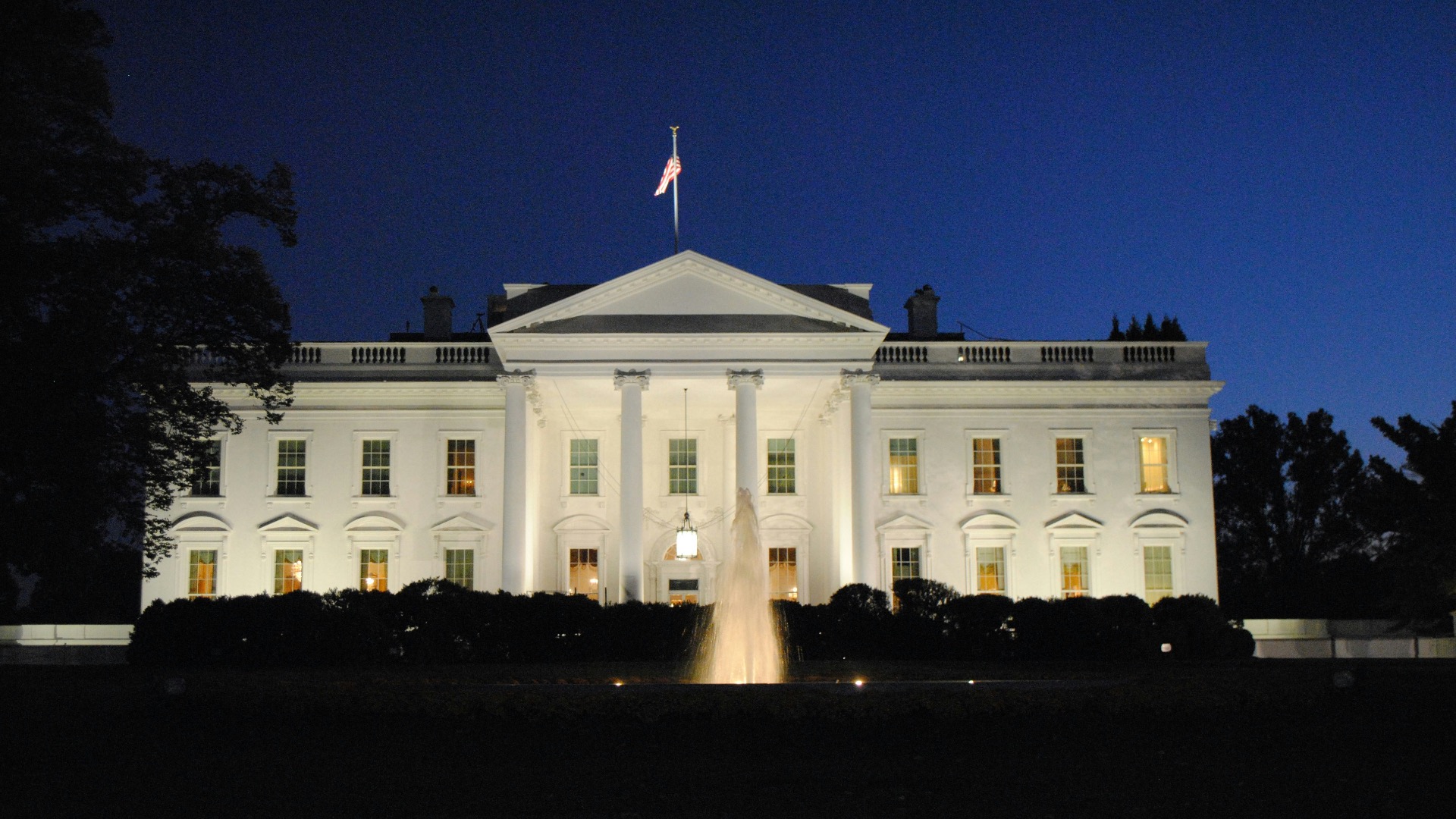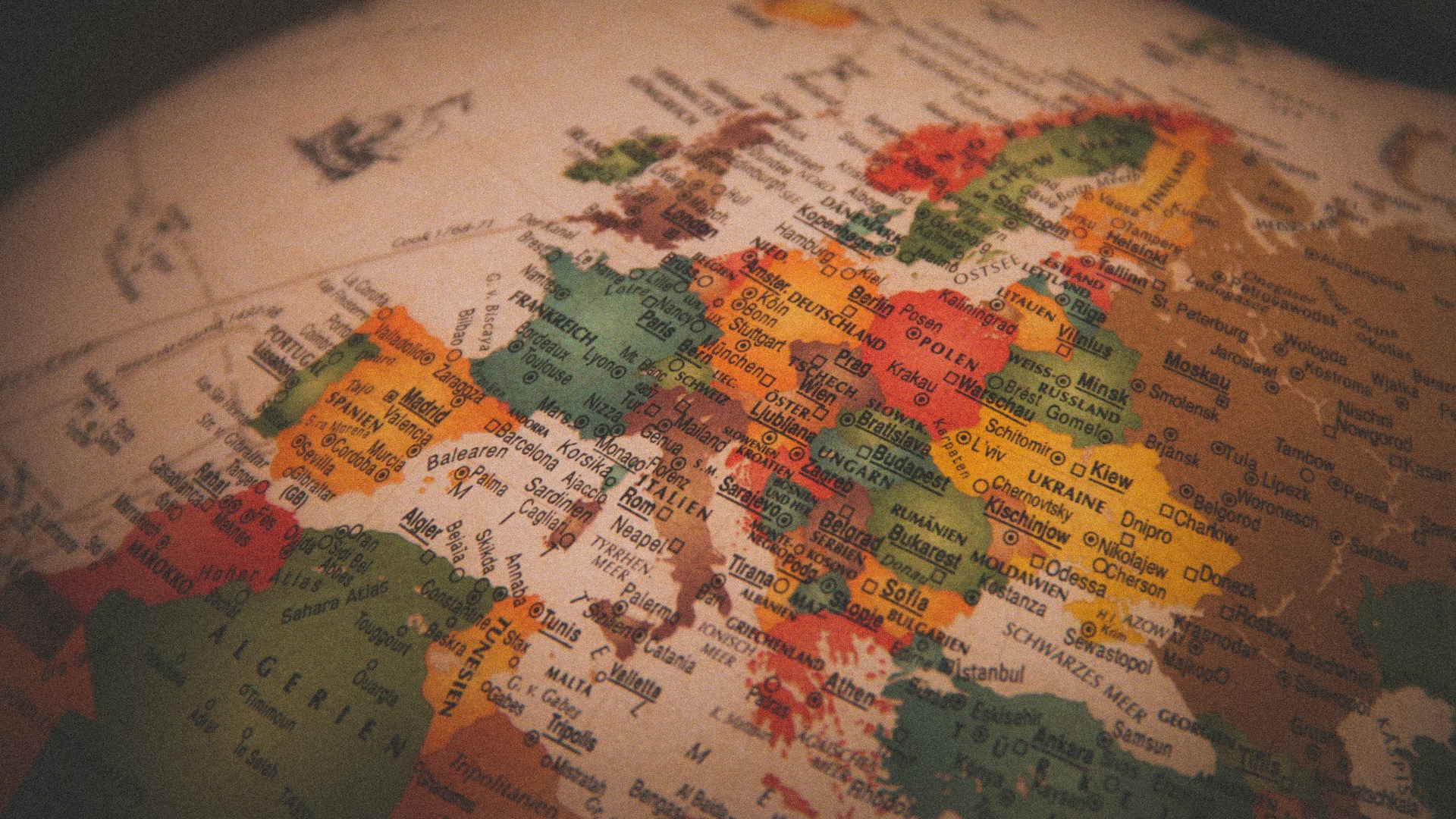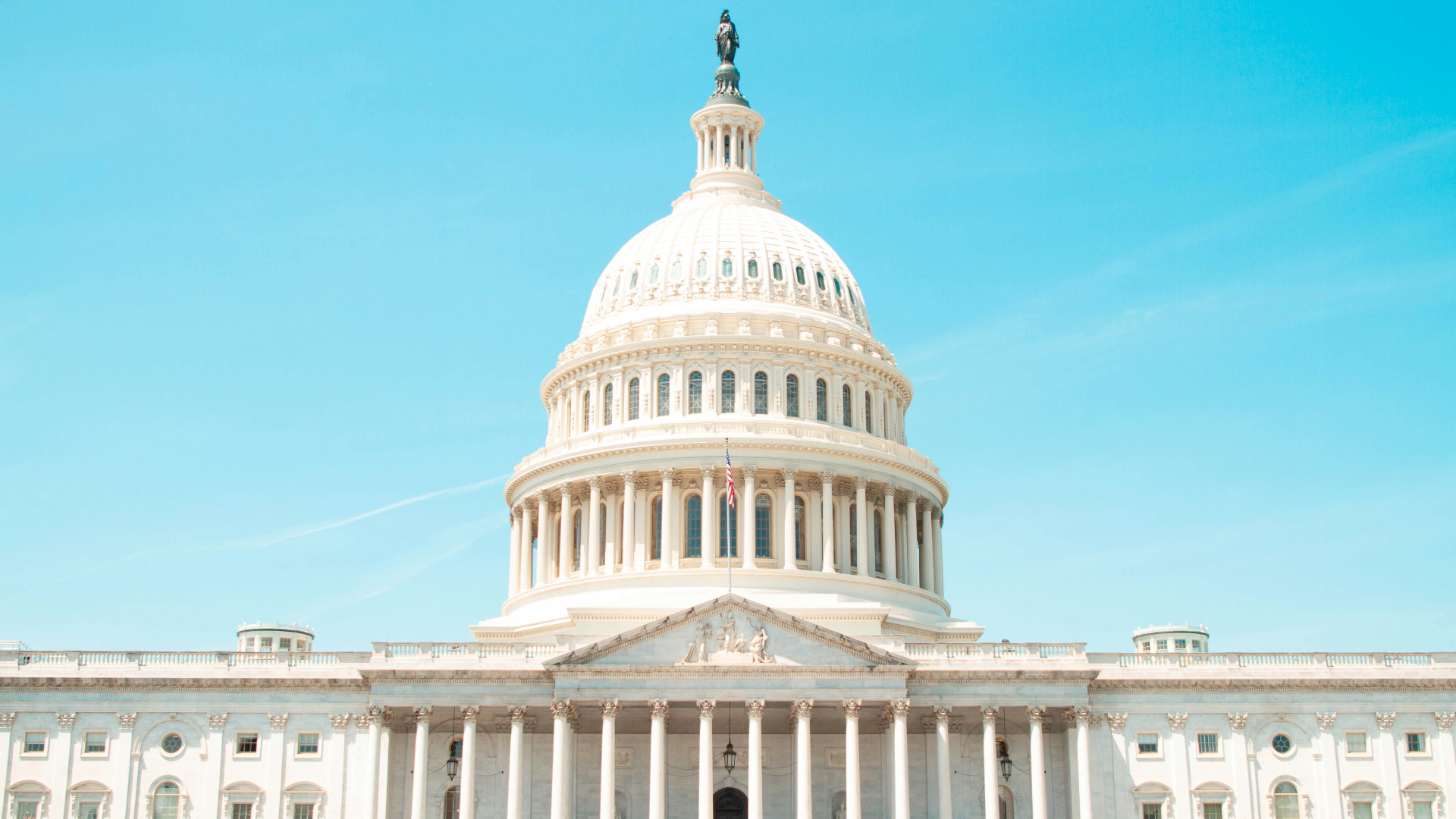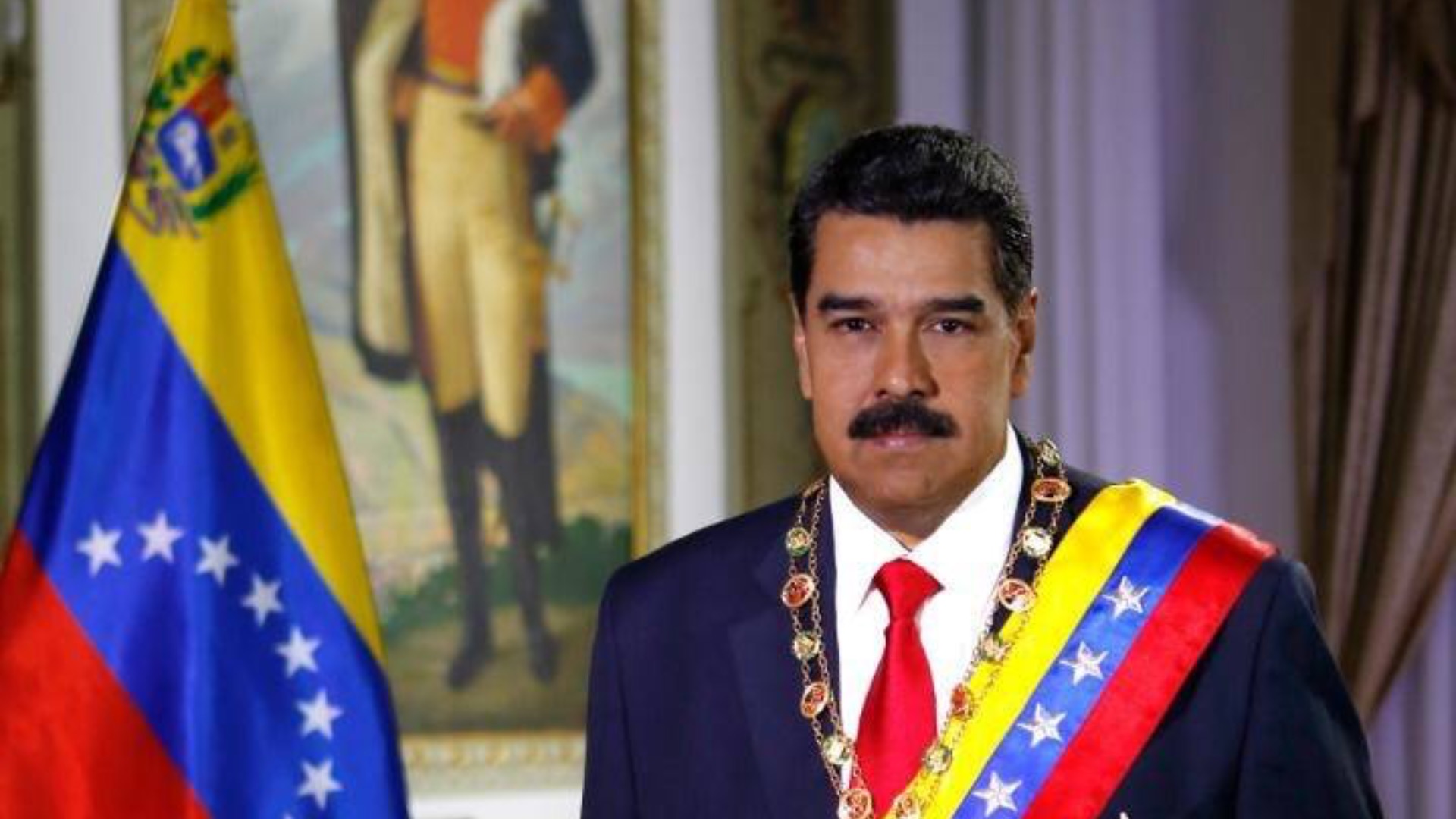
Resilience and Renewal: Germany and the EU’s Zeitenwende Approach to Economic Security
In 2023, Germany and the European Union entered a comprehensive new era of economic security strategy, shaped by the Zeitenwende—a profound turning point in Europe’s response to evolving geopolitical pressures. This transformation, anchored in Germany’s 2023 National Security Strategy and the EU’s parallel initiatives, reflects the interdependence of foreign, economic, and domestic security. Rather than retreating into economic isolation, the strategy harnesses “integrated security,” ensuring that resilience and adaptability underpin the region’s engagement with the global economy.
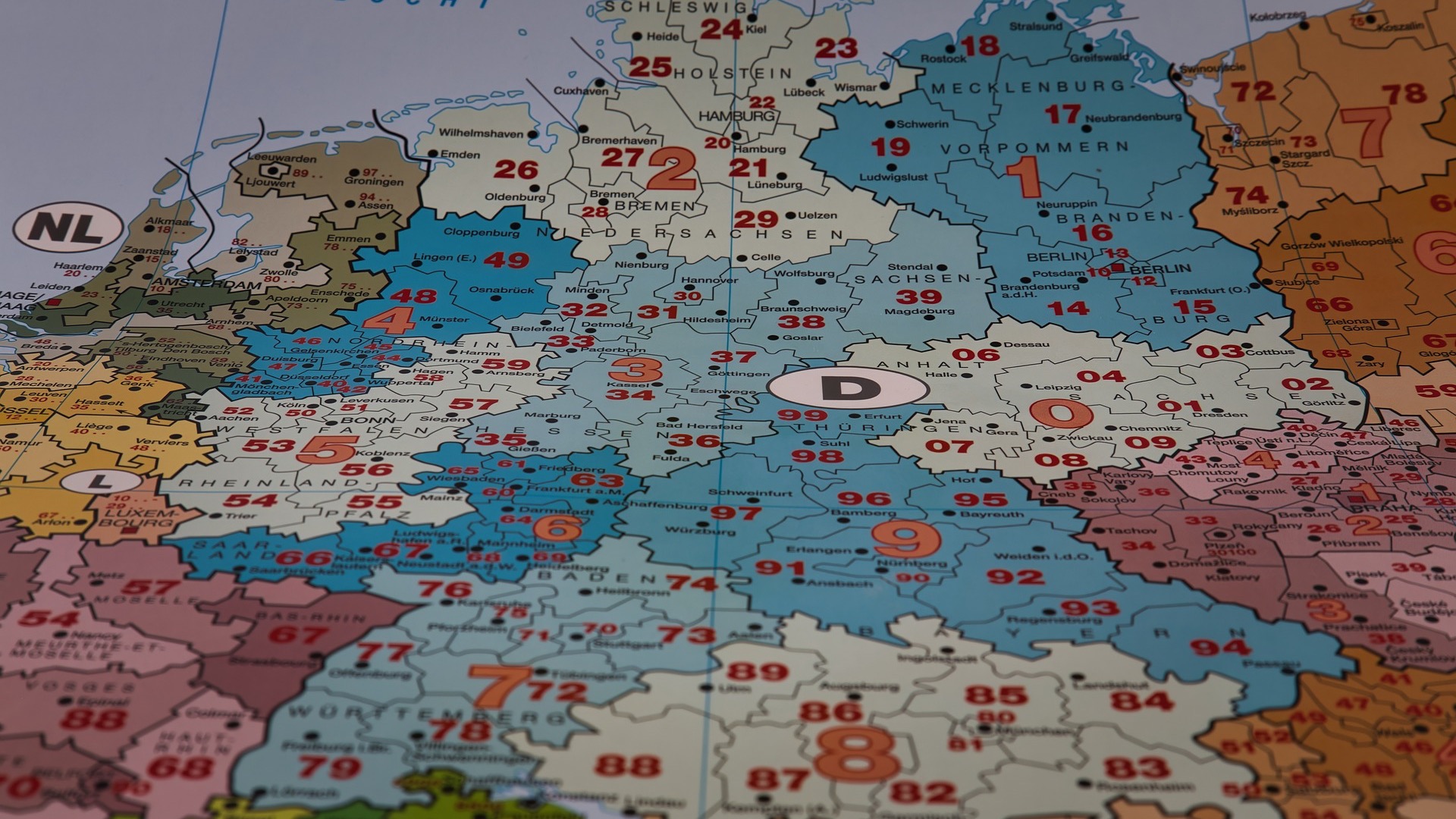
Diversification Over Decoupling
A defining characteristic of this new approach is its focus on diversification rather than hard decoupling. Economic resilience is achieved by widening supply sources, investing in critical sectors, and fostering a culture of preparedness across public and private domains. Policymakers across Germany and the EU stress that risk mitigation must be long-term, incremental, and business-driven—public authorities set incentives and frameworks, but operational change is firmly rooted in the private sector’s daily practices.
The Triad: Promote, Protect, Partner
Structured around the pillars of Promote, Protect, and Partner, the strategy creates a dynamic toolkit for navigating complex risks and seizing new opportunities.
Promote advanced competitiveness and innovation. Major legislative instruments, like the EU’s Critical Raw Materials Act (CRMA), fuel strategic investments in domestic mining, recycling, and technology-led transformation. Lead markets for climate-friendly industries and advanced manufacturing receive targeted support, building capacities essential for Europe’s green and digital transitions.
Protect leverages defensive tools to counter economic coercion and emergent security threats. Foreign Direct Investment (FDI) screening is enhanced, dual-use technologies are regulated, and risk assessment mandates for sectors exposed to global shocks are systematically developed. The evolving EU due diligence framework brings uniformity and accountability to supply chain management—serving both commercial integrity and ethical sourcing.
Partner deepens alliances with reliable suppliers and international stakeholders. New trade agreements expand market access, while preferential investment guarantees spur diversification into regions such as the Indo-Pacific and Western Balkans. Bilateral diplomacy over resource security and the championing of global supply chain standards reinforce Europe’s voice in shaping sustainable development and fair competition.
Operational Priorities: CRMs and China
Critical raw materials (CRMs) occupy center stage in policy execution. The CRMA sets binding targets for domestic production, processing, and recycling, mandating rigorous mapping of vulnerabilities and proactive risk-reduction strategies by both states and companies. Operational oversight by the new European Critical Raw Materials Board ensures coordination and monitoring across the single market.
The complexity of relations with China frames ongoing debates about managed interdependence. Policymakers confront a dual reality: China remains indispensable for batteries, rare earths, and other strategic inputs, yet the dominance of systemic rivalries has increased the urgency surrounding de-risking. Despite robust trade and investment flows, the emphasis is now on reducing exposure in critical segments without jeopardizing broader economic ties.
Reflective Adaptation and Agility
Germany and the EU’s economic security strategy sets a pragmatic, forward-looking template for navigating new global challenges. It prioritizes agility—the capacity to adapt missions and action plans in response to emerging risks and opportunities. By entwining national and EU-level policies, this strategy transcends protectionism while advancing resilience, innovation, and fair competition. As supply chains, alliances, and technology evolve, so too must the frameworks underpinning security—ensuring a robust European response to uncertainty and the weaponization of economic dependencies.


The World in Focus: Highlights from Foreign Affairs’ Best Books of 2025


2025: A World Without Resolution
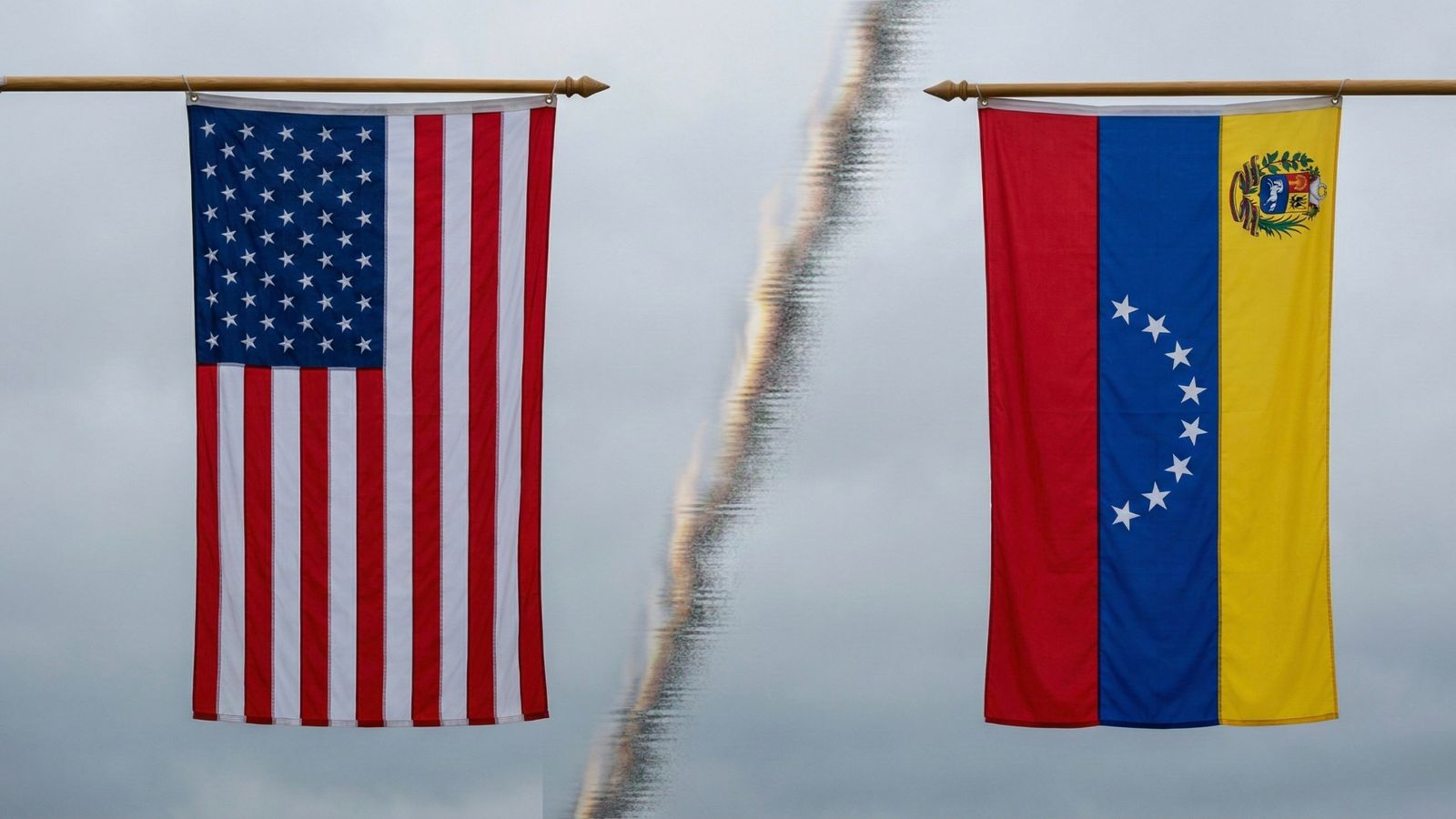
The U.S.-Venezuela Limited War of 2025: A Legal and Strategic Assessment
